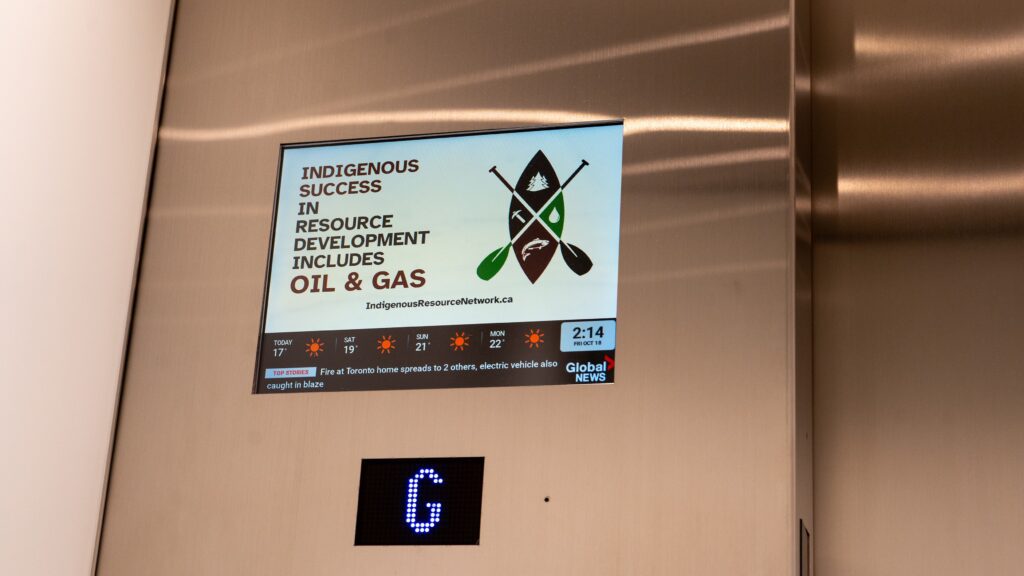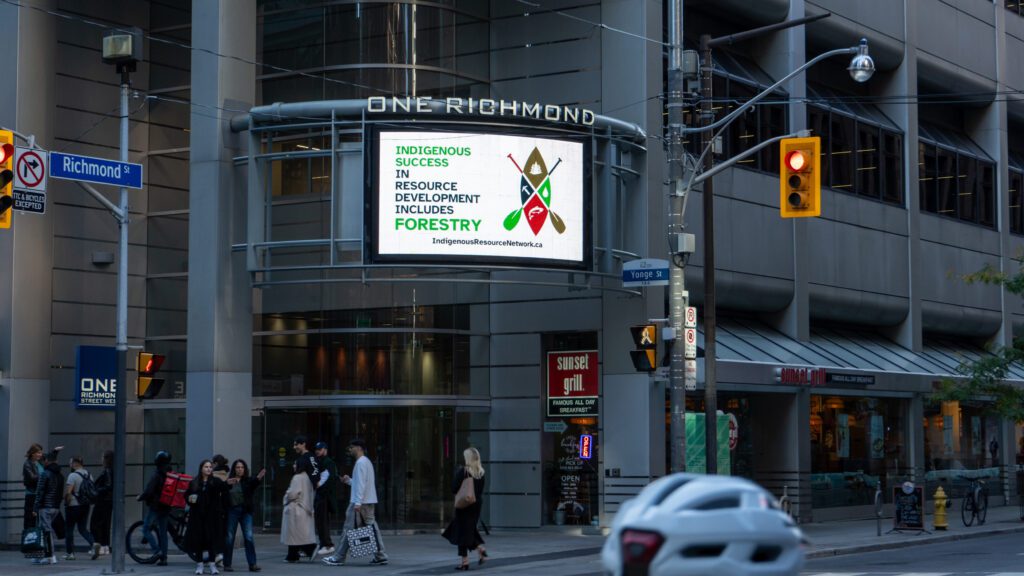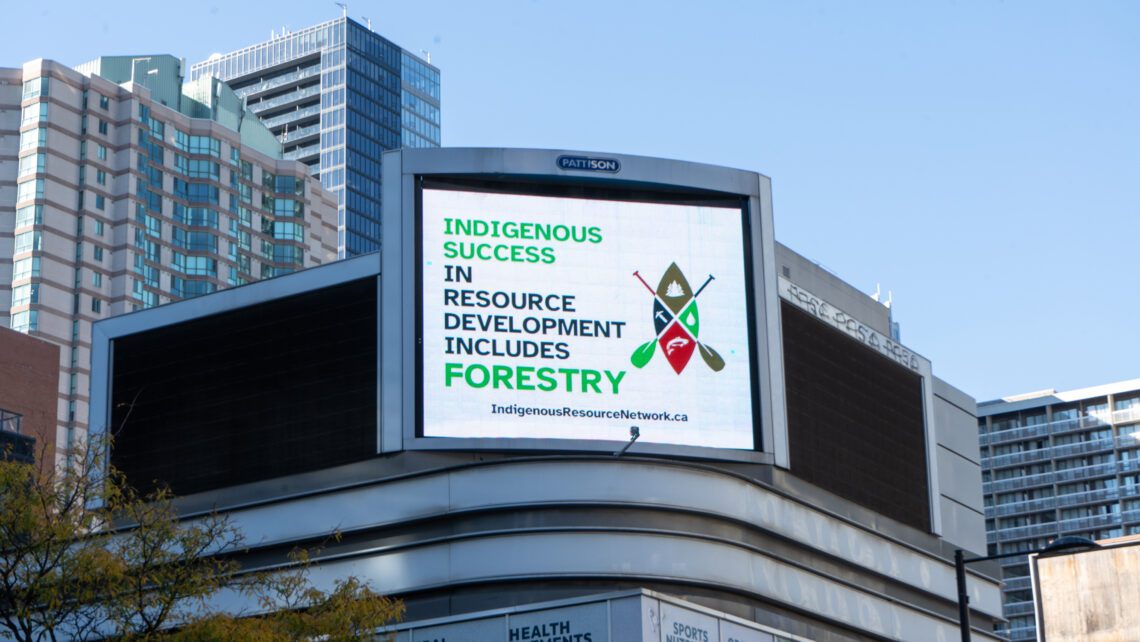By John Desjarlais, November 26, 2024
It hasn’t been an easy few months for those in the oil and gas industry. Most people working in the oil patch or at industry head offices in downtown Calgary are just trying to bring home a paycheque. But lately some politicians have tried to force them to keep quiet, justified by claims they are “greenwashing” the benefits of oil and gas.
If you work in the patch, you’re used to being demonized for “fuelling a climate crisis,” or pitied for being in a “dead-end industry.” But last June, when amendments to the Competition Act under Bill C-59 banned telling the truth about the industry’s efforts to lower carbon emissions, it was simply too far.
The rule changes have forced many oil and gas corporations and industry to take down websites, cancel ads, or stop publishing annual reports out of fear of reprisal. Sadly, this comes as many Indigenous nations across Canada are seeking a stronger stake in the oil and gas sector – seeing it as a key to greater prosperity for their communities.

The fact is, despite the propaganda from environmental activists and even our own federal government, most Indigenous people aren’t opposed to resource development. But they are opposed to being left out of the benefits.
For centuries, Indigenous peoples watched from the sidelines as their traditional lands were mined, drilled, and harvested by non-Indigenous players. But thanks to the tireless work of past and current Indigenous leaders, we now have a seat at the table when it comes to resource extraction. Initiatives like loan guarantee programs and equity partnerships are helping us achieve leadership roles in the natural resources sector.
That’s why Bill C-59 seems like such a betrayal. Not only is it self-destructive to the Canadian economy, but it also continues a legacy of oppressive paternalism from the federal government that has undermined Indigenous aspirations for far too long.
Making matters worse, some municipalities are following Ottawa’s misguided lead. For instance, recent bylaws in Toronto and Montreal now restrict fossil fuel advertising. At the same time, the Ad Standards Council recently deemed a non-profit organization’s poster as misleading because it said – truthfully – that Canadian LNG exports would help reduce global emissions.

The chiefs, communities, and Indigenous workers I know that are involved in LNG projects in BC say this all the time. Indeed, they’re proud of that fact, because they’ve been instrumental in making it true.
While the greenwashing push has had a chilling effect on free speech, I’ve read arguments that this should also be extended to “redwashing” – where industry highlights partnerships and benefits of resource development with Indigenous peoples.
Allegations of “redwashing” are simply more activist propaganda. I speak regularly with Indigenous workers and business owners across the country. They clearly tell me what’s working and what’s not. When resource companies fail to meet their commitments, it’s our duty to call them out and demand solutions.
But to think that industry-Indigenous relations in 2024 is nothing more than corporate exploitation? That we aren’t empowered to advocate for our rights and expectations on an equal footing? Indigenous peoples are tired of being viewed simply as victims or dupes. We are as sophisticated as any other actors in the sector, and we know what’s in our own best interests.
For many of us, that’s participation in the resource sector. That’s why the small non-profit I lead, the Indigenous Resource Network, has embarked on an ad campaign across Canada telling the story of Indigenous success in oil and gas, and many other sectors.
This fall, our billboards and ads are running in Calgary, Edmonton, Regina, Toronto, and Ottawa. Thanks to C-59’s misguided and unjust “greenwashing” provisions, our ad campaign puts us at risk of censure. But we won’t be silenced.
Last month, as I visited Ottawa for meetings, I proudly passed by one of our campaign posters near Parliament Hill. I’ve also received lots of positive feedback from both Indigenous and industry leaders. After years of Ottawa kneecapping the oil and gas industry, the tide is finally turning. Increasing numbers of Canadians are realizing that the answer to climate change lies in working with industry to improve technology while ensuring that the green transition occurs in a thoughtful and responsible manner.
A growing chorus of voices is finally drowning out the small minority that seeks to kill our oil and gas sector and stifle Canada’s resource industry. It’s time for Indigenous workers and businesses to proudly proclaim the benefits of Canada’s oil and gas industry – one of the most environmentally responsible sectors in the world.
John Desjarlais is the executive director of the Indigenous Resource Network.






